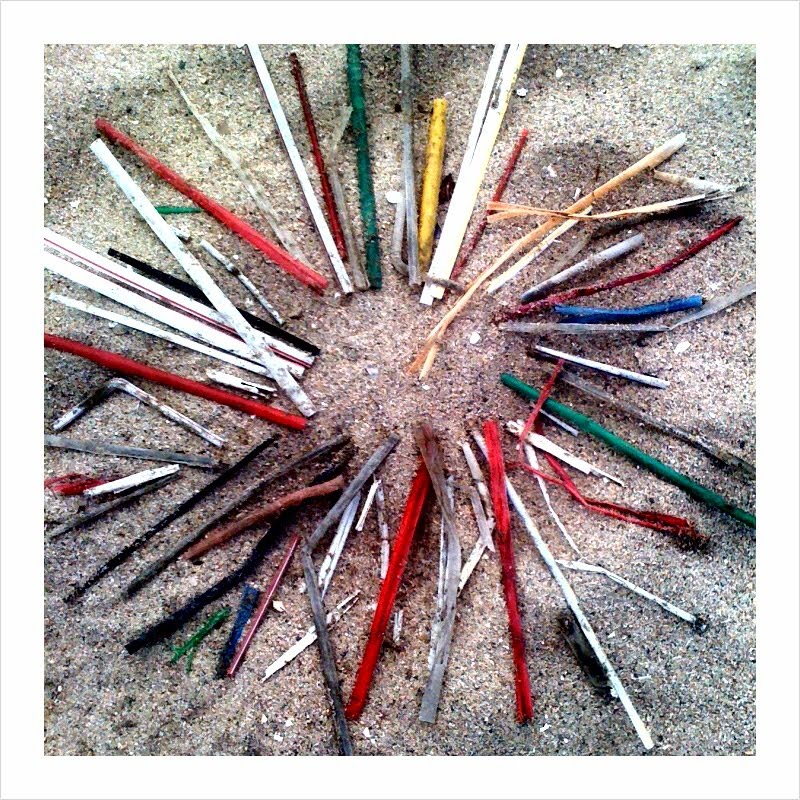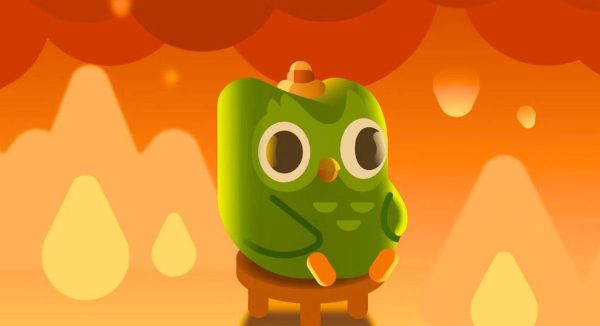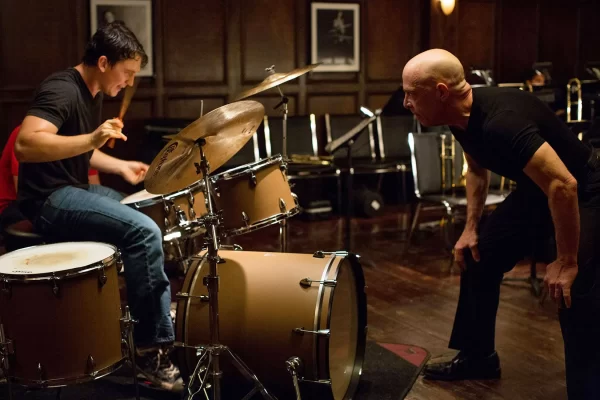The Last Straw
There are many factors that play into the grand scheme of what is continually harming our environment, our animals and sometimes even us. Every day Americans throw away 500 million plastic straws; that is enough to wrap around the Earth twice. The World Economic Forum says, “If we continue using straws and other plastics at this rate, by 2050 there will be more plastic in the ocean than marine life.”
“This seemed like a huge waste. Straws are made of oil, a precious and finite resource. Is making single-use plastic straws, which will be used for a matter of minutes before being tossed away, really what we want to do with this resource,” according to Milo Criss, the founder of the Be Straw Free campaign.
The most ideal situation would be to make it optional for consumers. Some restaurants do not provide a straw until the customer asks and this saves a lot of wasted plastic. France not only banned plastic bags, it has become the first country to also ban plastic plates, cups, and utensils, beginning in 2020,” says James McAuley from the Washington Post. Another alternative is implementing reusable water bottles. Doing whatever we possibly can to reduce this statistic makes a difference, one person at a time.
“It is so incredibly important to be conscious of our actions throughout our day-to-day activities. In the case of plastic straws there are two super simple ways to have a really significant impact on our planet’s health: simply keep a reusable straw or cup in your car (many restaurants offer discounts for bringing in your own) or even easier, request that your drink be served without a lid/straw (seriously… just ask). I think the most dangerous thing we as Americans do is believe that our actions don’t matter. We need to hold ourselves accountable, and the first step in that process is evaluating how little things in life equate to big impacts,” says Abigail Hunt (’18).
“Over 100 million marine animals are killed each year due to plastic debris in the ocean. Currently, it is estimated that there are 100 million tons of plastic in oceans around the world” according to The Sea Turtle Conservancy. Some do not realize how much plastic pollution affects our ocean environment. According to Independent Press, “Plastic can inflict serious damage on the marine reptiles, amputating limbs, choking them and restricting their movements.” Sea Turtles will ingest plastic bags, thinking it is a jellyfish, which will instantly suffocate them or get inside of their digestive system.
The hardest part of making a change is to motivate people to completely alter their daily life. Humans are creatures of habit and on average it takes about 21 days of repetition to break the bad ones. Motivation is one of the most important aspects of forming new habits, so please consider this sweet Olive Ridley turtle from the Pacific Shore of Costa Rica the next time you chose to use plastic bag or plastic straws. Without a permit for temporary removal of the turtle from its natural habitat, Christine Figgener and her expert team saw this distressed turtle and instantly had to help him. During the examination they saw something inside the turtles nose, and while proceeding to remove it they learned it was a straw. Is a plastic straw in your drink really worth being lodged into an animal’s nose. How would you feel if you had swallowed a straw, proceeded to laugh and it got stuck inside your nose? It is saddening to know that there are ways humans can make small changes to their life to drastically improve the health of marine life, and they still do not do it. There are more animals than humans on this Earth, we need to take care of each other.







